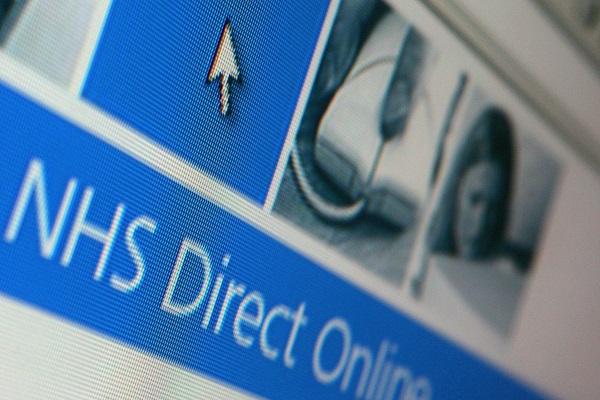News that one of the health service’s largest operators of the non-emergency 111 helpline is to pull out of the market will have raised very few eyebrows in the health sector. NHS Direct, which ran the telephone helpline that preceded 111, is on track to record a deficit of £26 million this financial year and, along with other providers, has attracted criticism for a host of operational and qualitative mishaps. NHS Direct’s unsustainability and 111’s myriad problems have been all too apparent.
Like the service itself, the reasons for 111’s many failings are complex. What it does illustrate, however, is a more fundamental issue regarding the application of market principles to the health service.
NHS Direct used to be paid more than £20 per call to operate the old 0845 number. Following the tendering of the 46 111 contracts (of which NHS Direct initially won 11), this payment dropped to between £7 and £9 per call.

Get Britain's best politics newsletters
Register to get The Spectator's insight and opinion straight to your inbox. You can then read two free articles each week.
Already a subscriber? Log in






Comments
Join the debate for just £1 a month
Be part of the conversation with other Spectator readers by getting your first three months for £3.
UNLOCK ACCESS Just £1 a monthAlready a subscriber? Log in